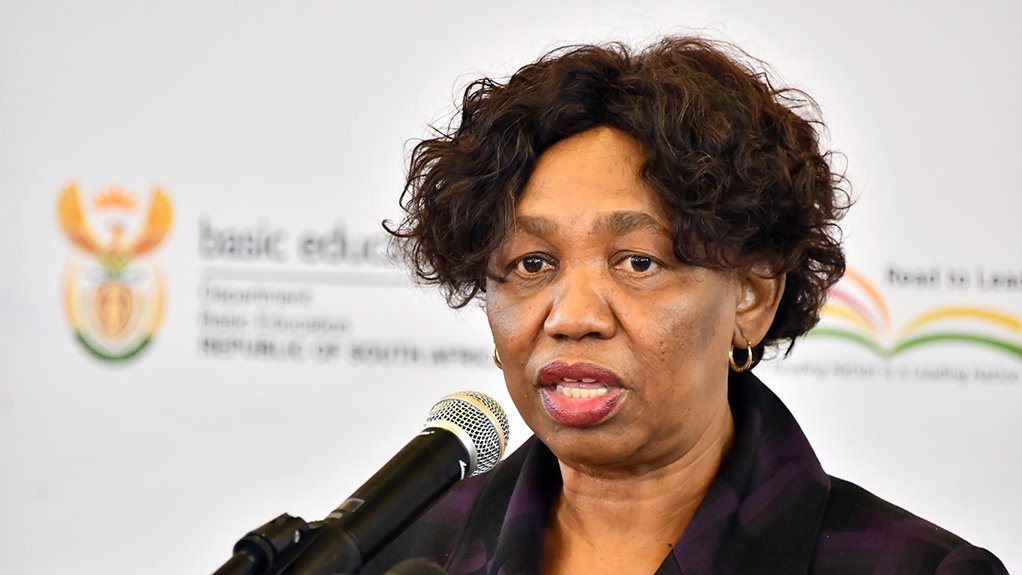The South African Human Rights Commission (SAHRC) argues that there is no single plan to address the reading crisis and that the “existing national reading plan” consists of a long list of items that have led to uncoordinated and ad hoc responses by each province.
On Thursday, the 2021 Progress in International Reading Literacy Study (PIRLS) showed that 81% of South African Grade 4 learners could not read for meaning in any language.
The SAHRC notes that this is down from 78% in 2016.
The country was ranked last out of 43 countries and experienced the largest decline of all the countries participating, the commission said.
It is additionally important to note that the South African assessment occurred a year later than most of the countries assessed.
The SAHRC wants Minister of Basic Education Angie Motshekga, who expressed disappointment at the PIRLS results, to treat the findings with urgency and develop a coherent, time-bound national response to the reading crisis.
It reiterated calls for the education department to give effect to the commission’s Right to Read and Write Report, which found that a child must be able to read and write with understanding at a basic level, in their mother language, by the age of 10.
It also found that the inability to write proficiently is a barrier to academic progress and self-expression and that until a child is educated to the requisite minimum level, the constitutional right to a basic education remains unfulfilled.
The State must ensure that all learners with visual disabilities are able to read and write on par with other learners by having access to the same learning materials, with the necessary accommodations made, the commission noted.
Motshekga stated that the decline in results could be attributed to the Covid-19 pandemic, which exacerbated already-poor reading outcomes.
She argued that “this disappointing outcome does not reflect a deterioration in the overall functioning of our basic education system but rather the unprecedented and catastrophic impact of the pandemic on the education of an entire generation of children.”
The commission says while there is some merit to this argument and that over four-million learners have been “catastrophically impacted”, there is currently no coherent plan to accelerate learning and address backlogs experienced by the “Covid generation” or provide quality education to all learners who will come through the system.
“If any reading plan is to be successful, it must be clear on minimum inputs (teacher training; learning and teaching support material; testing; time to teach reading), timelines for implementation and have a specifically allocated budget. There should in short be a single-mindedness across all teaching and learning programs and among all stakeholders and role players in the education field,” said the SAHRC.
EMAIL THIS ARTICLE SAVE THIS ARTICLE ARTICLE ENQUIRY
To subscribe email subscriptions@creamermedia.co.za or click here
To advertise email advertising@creamermedia.co.za or click here











